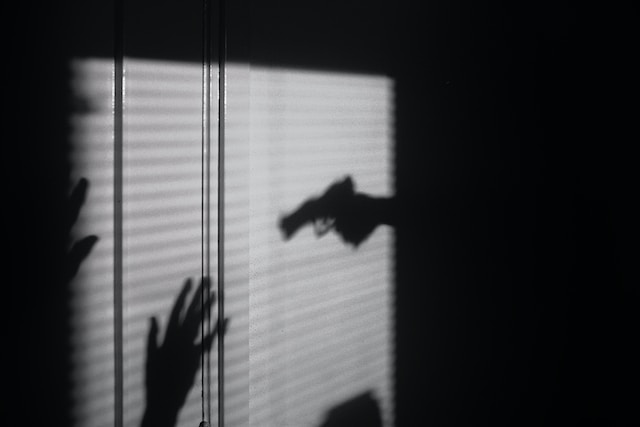If you’re facing a civil or criminal case in Thailand, it’s important that your lawyer has experience with these types of cases and understands the Thai judicial system. It’s also important that your lawyer can speak both Thai and your native language.
While criminal litigation can be complex in Thailand, the procedures are usually predictable.
Courts of First Instance
Courts of First Instance are the trial courts that hear all evidence presented in criminal and civil cases. These include the Criminal Court, Bangkok South Criminal Court and Thon Buri Criminal Court, Min Buri Criminal Court, Taling Chan Criminal Court and other local criminal courts based on district jurisdiction where an offence is alleged to have been committed, believed to have been committed or where an inquiry official makes an inquiry.
The law requires a pretrial conference to be held before evidence is presented and this helps shortens and hastens the trial proceedings. It also allows the injured party to leave Thailand prior to a trial date should it be required.
There are 96 Provincial Courts that cover civil and criminal cases, 27 Kweang courts with limited jurisdiction and four specialized courts including the Central Intellectual Property and International Trade Court, the Central Labor Court, the Tax Court and the Bankruptcy Court. The Supreme Court (Dika) hears appeals against judgments from these specialized courts.
Courts of Appeal
The court system in Thailand consists of three tiers: the Court of First Instance, the Court of Appeal and the Supreme Court. Courts of Appeal reaffirm, dismiss or reverse the decisions of lower courts. They can also refer cases to a higher level of court if the decision is unsatisfactory or inappropriate.
There are also specialized courts such as the Central Intellectual Property and International Trade Court, the Central Bankruptcy Court, and the Central Labor Court. These are presided over by career judges who have the requisite knowledge and experience to handle specific types of litigation.
Under Thai law, communications with legal counsel are protected as privileged documentation. However, the Courts can summon lawyers to provide information and evidence that is related to such communication.
Courts of Military Justice
The military courts are a violation of international law. TLHR has documented cases of civilians being subjected to trials in these courts involving offences such as sedition and lese majeste, which are normally only heard by civil or criminal courts.
In response to international criticism, Thailand’s delegation to the UN stated that “only a limited number of cases of those who are accused of serious offences are submitted to the Military Court”. However this statement does not address past or pending cases.
The Constitutional Court, meanwhile, has been busy interpreting the junta’s constitutional framework. This includes ruling on the legality of laws, changes to laws after being adopted by referendum, and organic acts (rules that are near-constitutional in importance and placed above legislation in the hierarchy of norms). It has also ruled on the legality of political parties and other constitutional organs.
Courts of Administrative Justice
The Courts of Administrative Justice are part of the national judiciary and deal with grievances against government agencies or public officials. A ruling from the Administrative Court can be appealed to the Court of Appeals and then to the Supreme Administrative Court.
The courts in Thailand are judge-led and there is no jury system. They are divided into civil and criminal courts, provincial and district (Kweang) courts and specialized courts – the Central Intellectual Property and International Trade Court, the Central Labour Court and the Central Bankruptcy Court.
It is important to understand the Thai judicial system before travelling to Thailand and Global Affairs Canada cannot protect you from the consequences of breaking the law in another country. We recommend that you review A Guide for Canadians Detained Abroad.
Courts of Criminal Justice
The Courts of Criminal Justice are the main courts that handle criminal cases in Thailand. The law stipulates that all criminal cases must begin in a court of first instance located in the district where an offense is committed, alleged to be committed or believed to have been committed. These courts are inquisitorial and have no trial by jury; they only have professional judges who rule on a case-by-case basis.
Prior to a hearing, a judge will conduct a preliminary “investigative” hearing to determine whether the complaint has merit. Upon approval, the court will then proceed to a full trial. A competent lawyer can prevent surprises and work the process to their client’s advantage. The law has also outlined specific time frames for litigation at each level of the court system.


